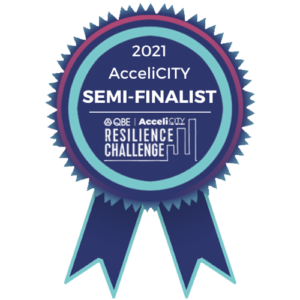COVID-19 is presenting companies a lot to think about. The current restrictions on gatherings in Australia are a significant barrier to companies doing business. Many have been forced to suspend trading or liquidate.
Across the Tasman, the New Zealand government had the country in full level 4 lockdown for five weeks – the highest containment strategy available to them. This has been followed by a period at level 3 with only marginally fewer restrictions.
One of the activities that companies are staring at with uncertain faces is voting management at their Annual General Meeting (AGM), where shareholders would pass motions and elect company officers. Public companies are expected to follow the rules surrounding having an AGM, including the provision of time after the end of the financial year.
This year, however, the Australian government is instructing everyone to self-isolate, which has obvious implications for how AGMs are conducted. In response the Australian Securities and Investments Commission (ASIC) have introduced a two-month ‘no-action’ position, or grace period, for entities that end their financial year 31st December 2019 and who do not host their AGM by 31st May 2020. ASIC also supports the use of ‘appropriate technology’ for these entities to deliver their AGMs.
It is entirely likely that this grace period may not be sufficient for public confidence to recover. The COVID-19 virus may still be a primary public health issue at that time. Even if it is not, the public may prefer to maintain social isolation behaviours to protect themselves in response to the outbreak that will see participation at corporate AGMs plummet more than they already have.
Simply put, companies and other organisations have few options but to consider digital voting as part of their online AGM process. Holding a virtual or hybrid AGM ensures that critical business elections, processes and decisions may continue, and demonstrates the company’s concern for the safety of shareholders.
Horizon State’s platform perfectly fulfills this need. Our secure voting and decision-making software is end-to-end verified for all votes cast, and is one of, if not the only electronic voting platforms where every vote is anonymously cast and publicly auditable. This creates a layer of transparency and public trust that previously was not possible.
With Horizon State, everyone can be sure that the election process was conducted correctly, securely, and in a trusted manner, and they can vote from the convenience and safety of their homes. As outlined here, companies need to review their constitution and consider seeking legal advice as to whether holding a virtual or hybrid AGM (along with the resolutions voted on) would be suitable for them under the Corporations ACT.





